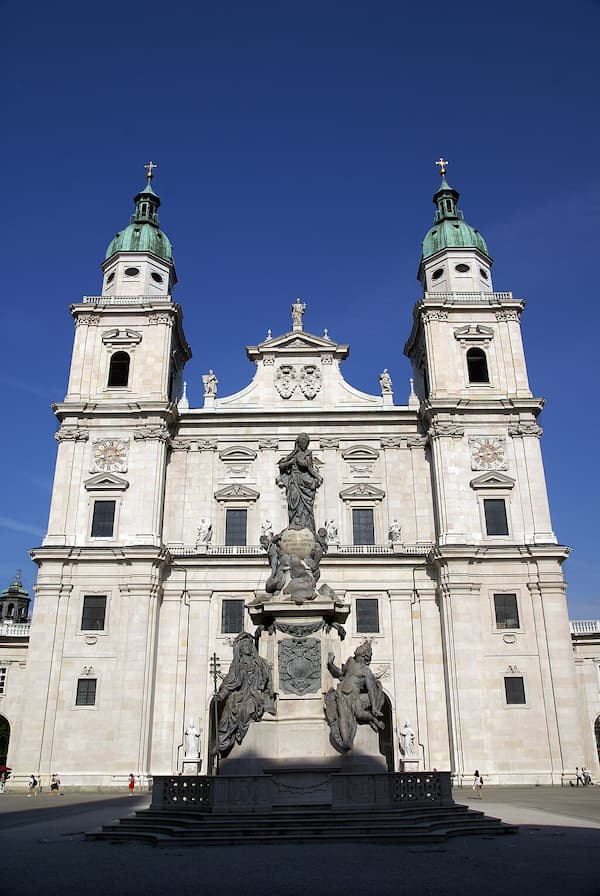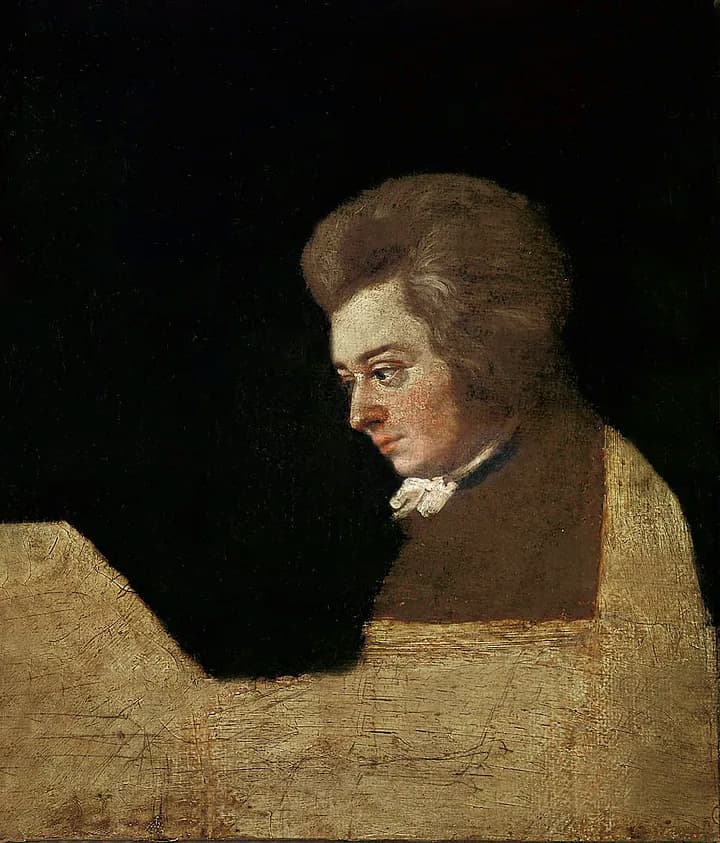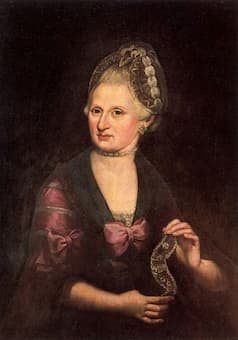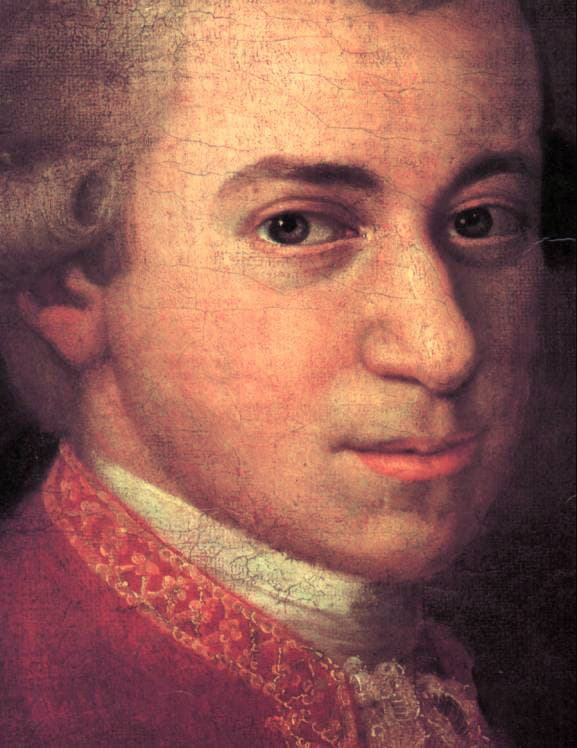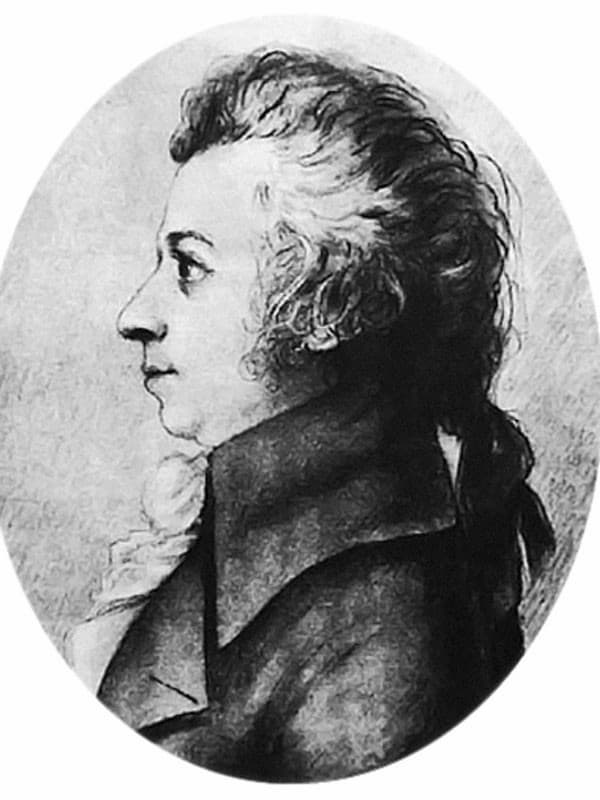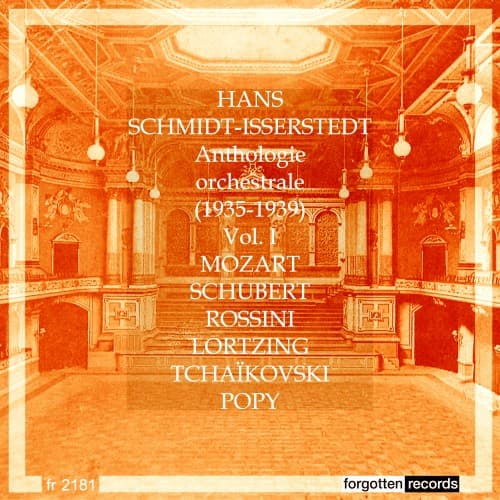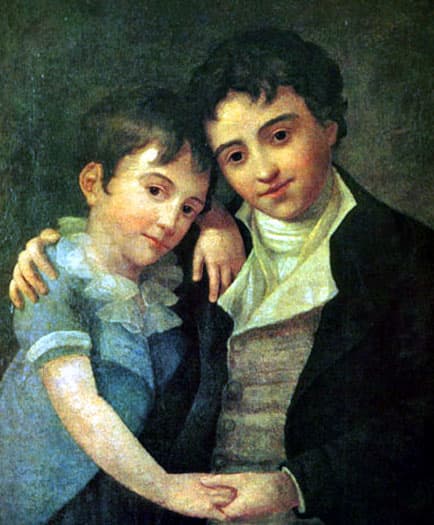Mozart‘s birth was nothing short of miraculous, a moment that would go on to change the world of music forever. Born on 27 January 1756 in the heart of Salzburg, Austria, he arrived into a family already steeped in musical
Mozart
The series of piano concertos Wolfgang Amadeus Mozart composed during his years in Vienna is undoubtedly his greatest achievement in instrumental music. The dozen piano concertos composed between February 1784 and December 1786 are works of the highest quality and
When we think about the great composers, it’s easy to picture them in a kind of vacuum of genius. However, the great composers were human, just like the rest of us, and they lived and worked surrounded by other people.
Fans of Wolfgang Amadeus Mozart will likely be aware that he was taught, shaped, and influenced by his father Leopold Mozart, a violinist and composer. When Leopold began to teach his seven-year-old daughter Nannerl, in 1759, he discovered that Wolfgang
Wolfgang Amadeus Mozart is known for his light, elegant, joyful music. His preternaturally cheerful mood makes the times when he did write dark music stand out all the more. Today, we’re looking at seven of Mozart’s saddest pieces of music,
Opera overtures, as a separate genre of classical music apart from their operas, are tied with the history of the symphony and the overture. In the 17th century, a musical form called the ‘overture’ started in France, associated with the
Composer Wolfgang Amadeus Mozart and singer Constanze Weber were married on 4 August 1782. Their courtship had been dramatic. They had started dating the summer of the previous year (after Wolfgang had initially fallen in love with Constanze’s sister). They
The Austro-Turkish (1788-91) gave rise to one of Wolfgang Amadeus Mozart’s most obscure works. On 11 August 1788, one day Mozart recorded the completion of his 41st symphony, he entered the song “Beim Auszug in das Felde,” (Going to War)

